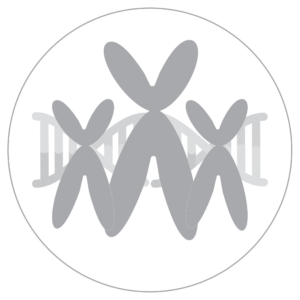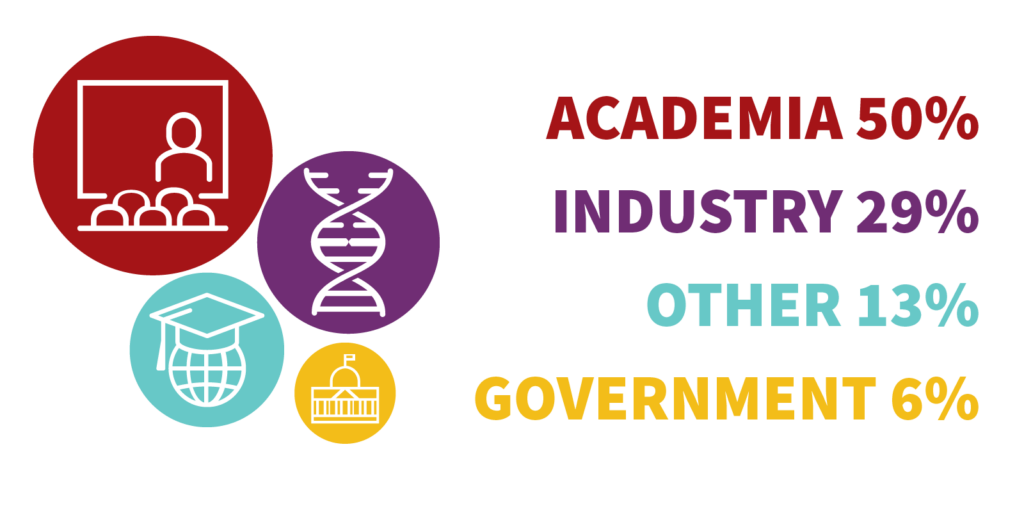
Geneticists seek to understand how genes are inherited, modified, expressed and regulated, as well as the genetic basis of human disease. The field of genetics and genomics has been astonishingly successful in deciphering the genetic code and providing us with a clear picture of the nature of the gene, but much remains to be learned about fundamental genetic mechanisms and how specific gene mutations lead to disease. How is it that only the appropriate genes are turned on in a particular cell type? How do cells replicate their genes with remarkable speed and fidelity? By what processes do genes become altered to drive evolution or cause disease? Uncovering answers to such fundamental questions makes genetics and genomics an exciting and important field of biology.
Laboratories in the Molecular Genetics and Genomics (MGG) program leverage human genetics, model organism genetics, and genomic and computational approaches to address key outstanding questions in all areas of biomedical research with a focus on human disease. Integrating wet and dry bench approaches, students in the MGG program advance our understanding of the genetic, cellular, and molecular basis of how cells, tissues, and organs develop and function and how alterations in these processes lead to disease. MGG laboratories at WashU have been at the forefront of human molecular genetics and the Human Genome Project. Students interested in studying fundamental genetic mechanisms, as well as those who desire to apply this knowledge to human biology, will find scores of laboratories within the program in which to pursue their doctoral research.
Students in the Molecular Genetics & Genomics (MGG) program will typically take five (5) courses during their first year, although students with masters degrees have the option of taking fewer classes. Students will participate in three lab rotations during the fall and spring semesters of Year 1 to identify a thesis lab. Students are expected to complete the following coursework during their graduate education:
DBBS required courses
Graduate Research Fundamentals
Ethics and Research Science – typically taken in Year 2
Program required courses
Advanced Genetics
Genomics (with programming lab)
Two (2) semesters of Genetics Journal Club
Two (2) advanced electives
Fundamentals of Biostatistics (recommended for students with little or no programming experience)
Human Genetic Analysis
Computational Statistical Genetics
Fundamentals in Molecular Cell Biology
Nucleic Acids and Protein Biosynthesis
Molecular, Cell and Organ Systems
Computational Molecular Biology
In addition to the listings above, students may also take the following additional courses as appropriate:
Developmental Biology
Macromolecular Interactions
Molecular Microbiology and Pathogenesis
Immunobiology I
Immunobiology II
Qualifying exam
In Year 2, students must pass a Qualifying Exam (QE). Following a successful QE defense, students will identify and finalize their committee and complete their thesis proposal by December 31 of Year 3.
Thesis committee, proposal, and defense
Toward the end of Year 1, students will select a thesis advisor and begin their research. Students next assemble a research advisory committee (thesis committee) of faculty and complete a written and oral thesis proposal to their committee by December 31 of Year 3. After their thesis proposal, students will focus on their thesis research. Students may participate in advanced courses, workshops, journal clubs, and seminars relevant to their research and to their career development. Students typically defend in Years 4, 5, or 6 of graduate school.

MGG graduates pursue a variety of careers. Most program graduates go into academia, but many find paths in industry, government, and other fields, like science communication, law, and business and entrepreneurship.
Faculty Co-Directors:
Graduate Program Administrator: